Russia’s first lunar mission in nearly half a century ended in disaster on Sunday, when the Luna-25 spacecraft smashed into the Moon’s surface after losing contact with Earth. The probe was supposed to make a soft landing on the Moon’s south pole, a region of scientific interest that has never been explored by any other nation. However, a technical glitch occurred as the spacecraft was performing a pre-landing maneuver, causing it to veer off course and crash at high speed.
The Luna-25 mission was launched on August 11 from the Vostochny Cosmodrome in eastern Russia, after years of delays and technical problems. The spacecraft carried a suite of instruments to study the lunar soil, temperature, magnetic field, and plasma environment. It also carried a small Russian flag and a plaque with the names of the mission’s participants.
The mission was seen as a revival of Russia’s space program, which has been lagging behind its rivals in recent years. Russia was the first country to send a spacecraft to the Moon in 1959, and the last one to land a probe there in 1976. Since then, China, India, Israel, and the United States have all attempted or achieved lunar landings, with varying degrees of success.
The crash of Luna-25 is a major blow for Russia’s ambitions to return to the Moon and eventually establish a permanent base there. The country plans to launch two more lunar missions in the next few years: Luna-26, an orbiter that will map the Moon’s surface and subsurface, and Luna-27, a lander that will drill into the soil and collect samples. Both missions are expected to target the south pole region, where water ice may exist in permanently shadowed craters.
The cause of the Luna-25 crash is still under investigation, but some experts have suggested that it may have been due to a malfunction of the spacecraft’s navigation system or thrusters. Roscosmos, the Russian space agency, said that the crash was caused by a deviation of the actual parameters of the impulse from the calculated ones, which led to an unintended orbit and a collision with the lunar surface. The agency also expressed its condolences to the families and colleagues of the mission’s team members.
The Luna-25 crash has also raised questions about the safety and reliability of Russia’s space technology, which has suffered from several mishaps and accidents in recent years. In 2018, a Soyuz rocket carrying two astronauts failed shortly after launch, forcing them to make an emergency landing. In 2019, a fire broke out on board the International Space Station (ISS), which is largely dependent on Russian rockets and modules. In 2020, another Soyuz rocket malfunctioned during a satellite launch, resulting in a loss of contact with the payload.
Despite these challenges, Russia remains one of the world’s leading space powers, with a long history of achievements and innovations. The country is currently working on developing new rockets and spacecraft, such as the Angara heavy-lift launcher and the Orel crewed capsule. It is also collaborating with other nations on various space projects, such as the ISS and the Lunar Gateway, a planned outpost in orbit around the Moon.

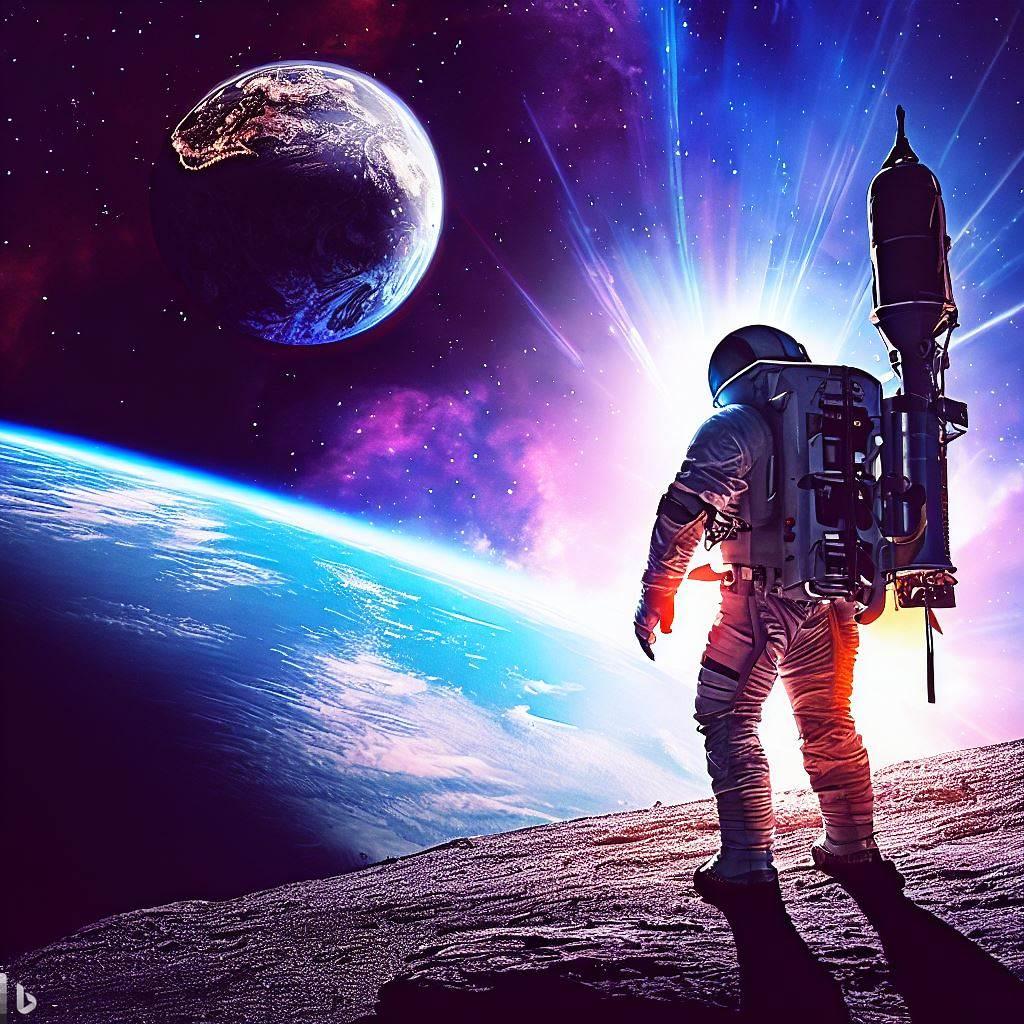
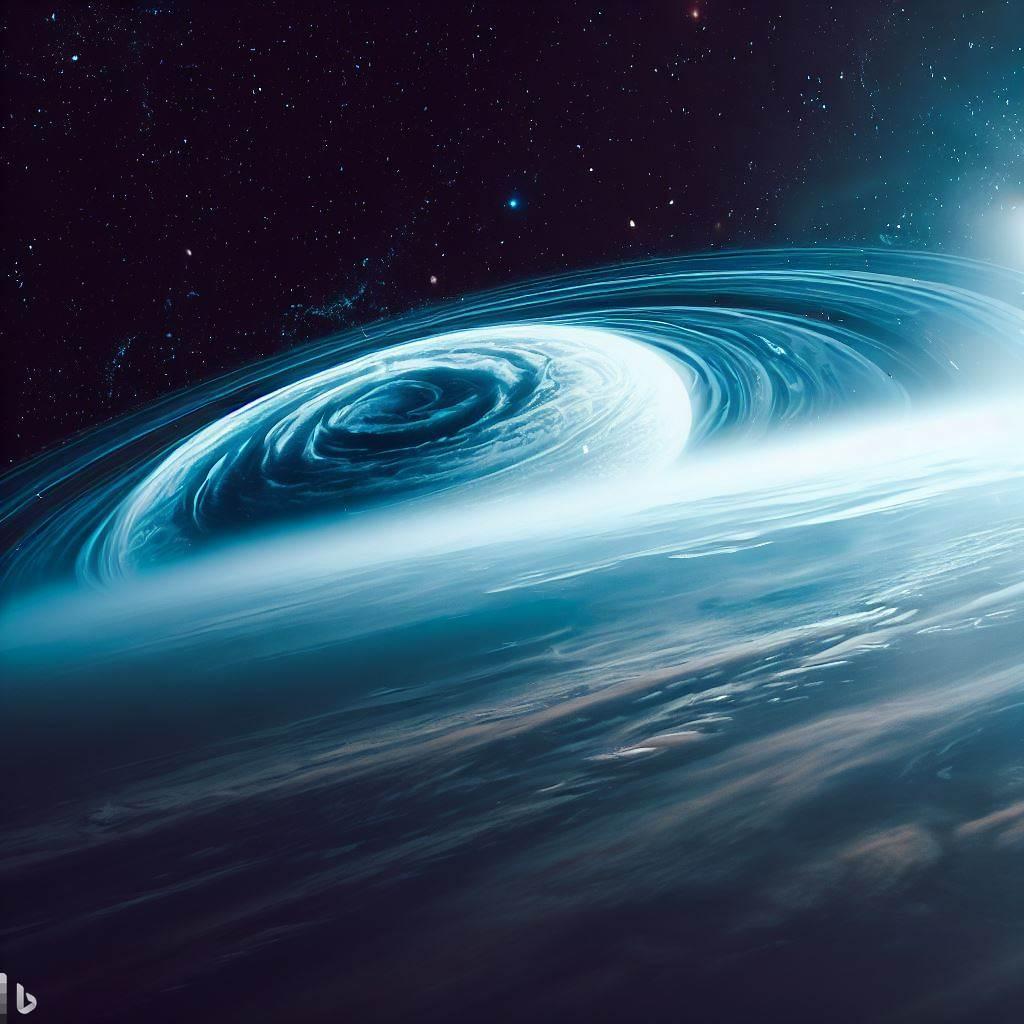
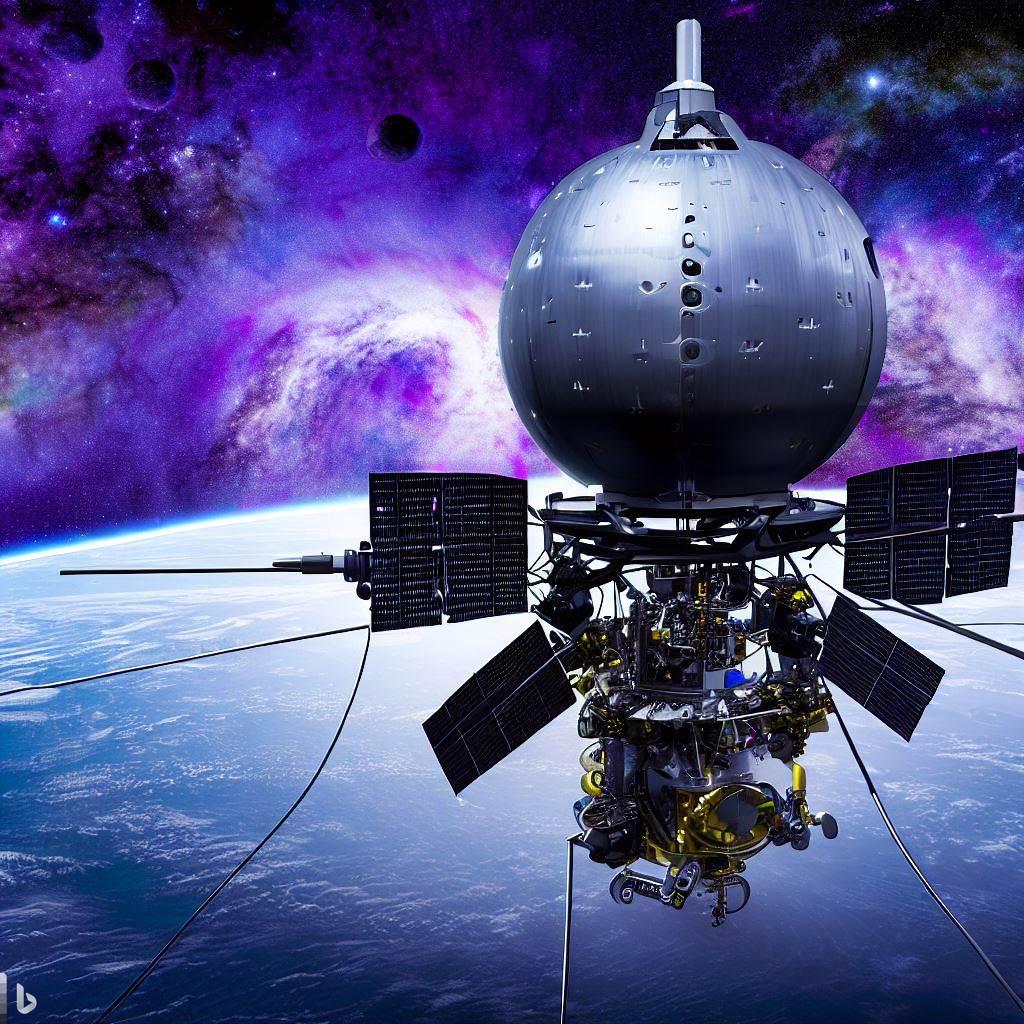

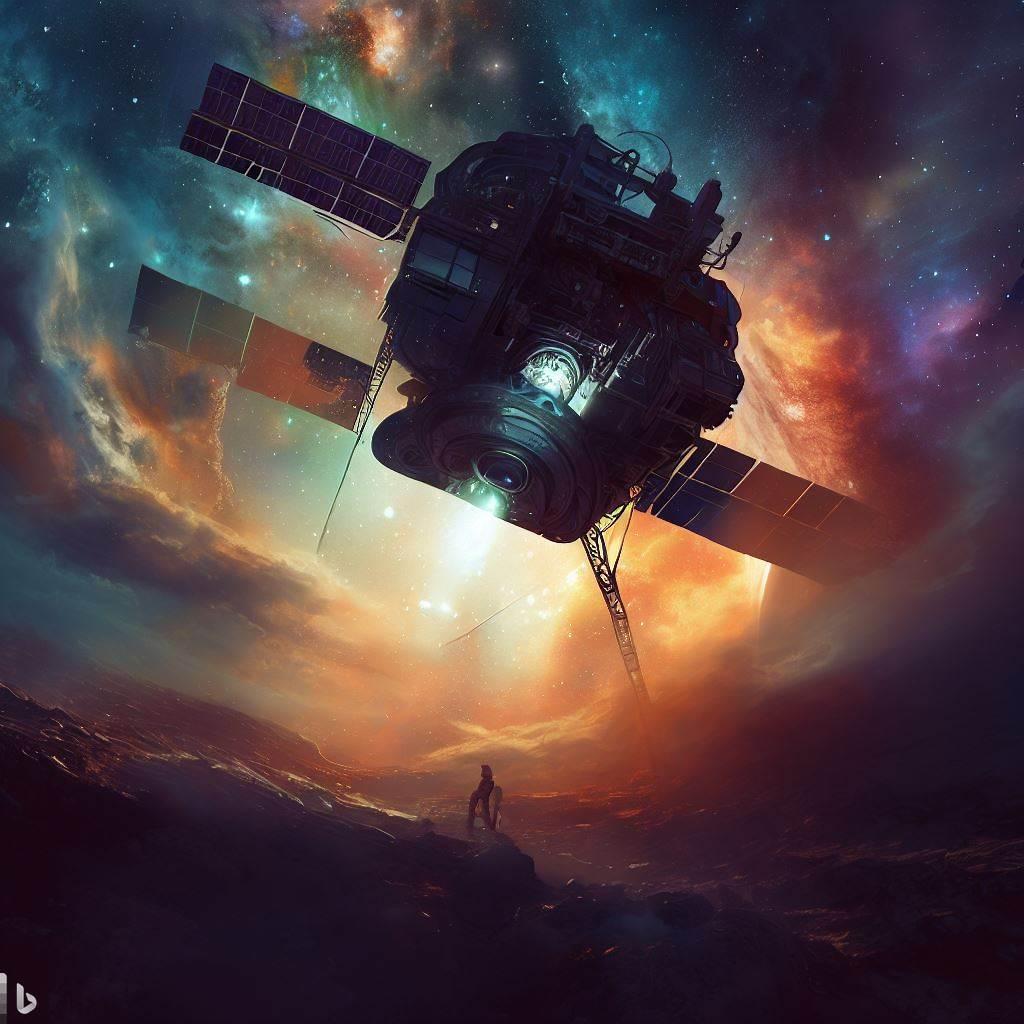
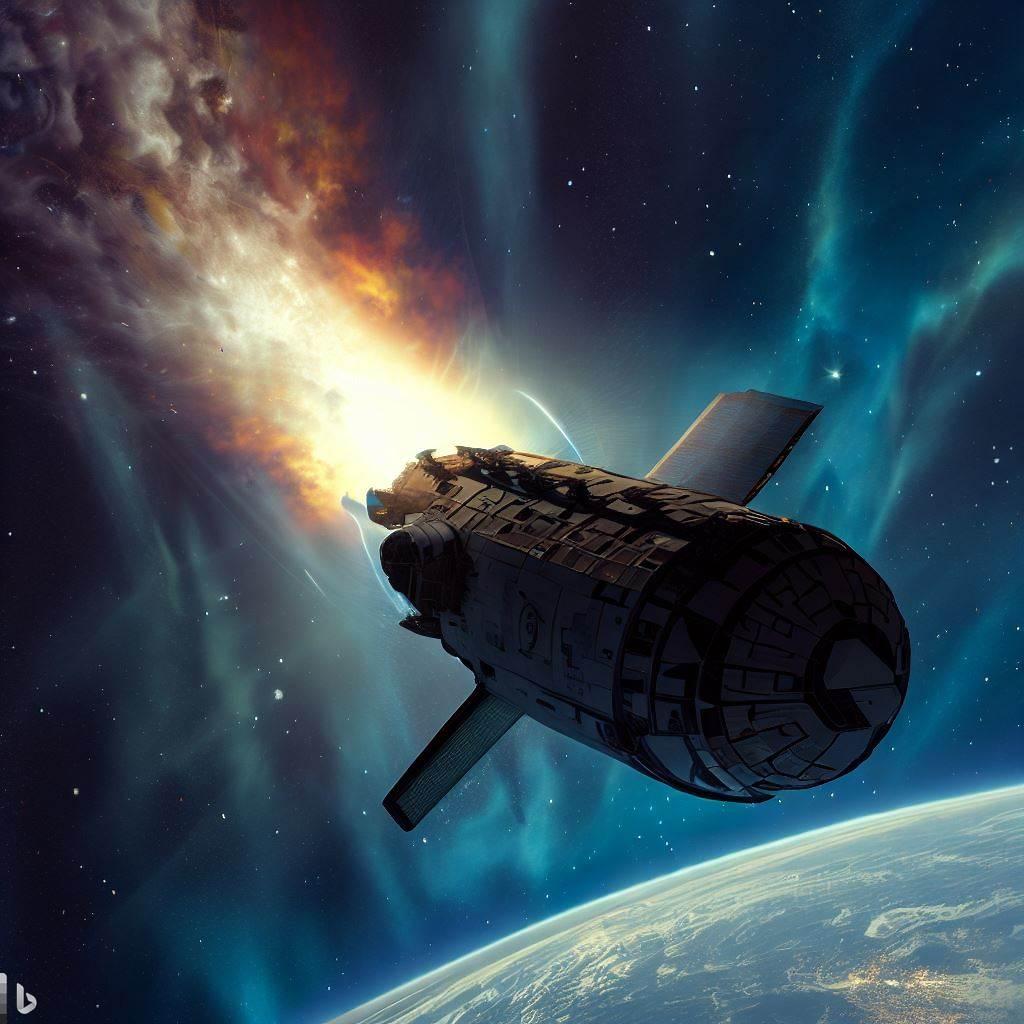


Add a Comment: